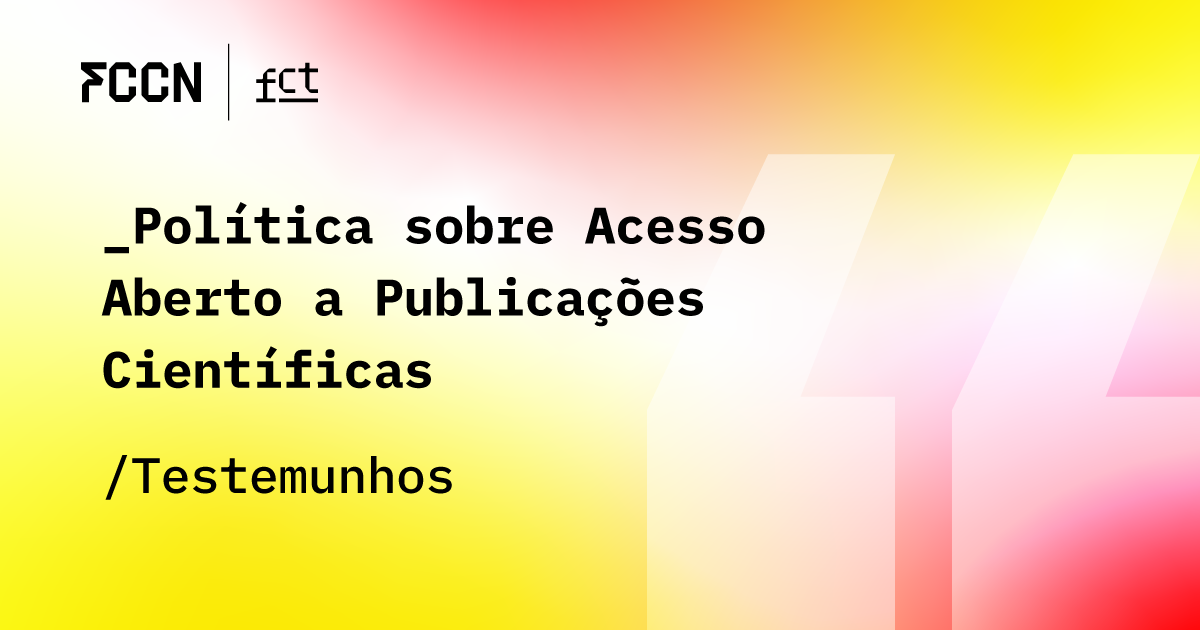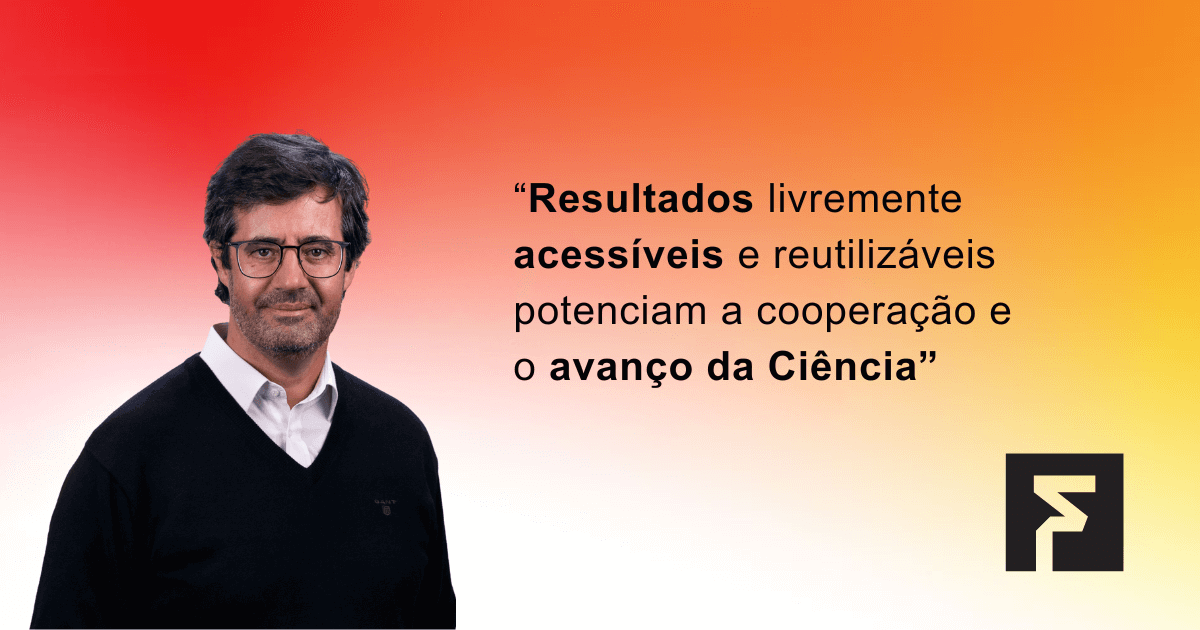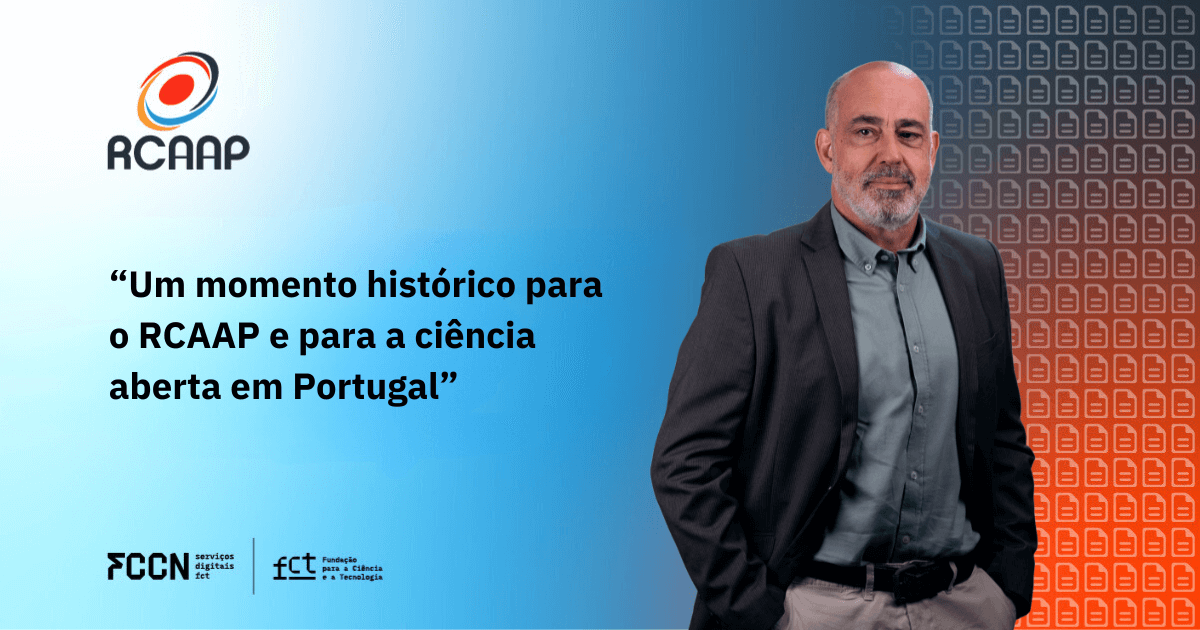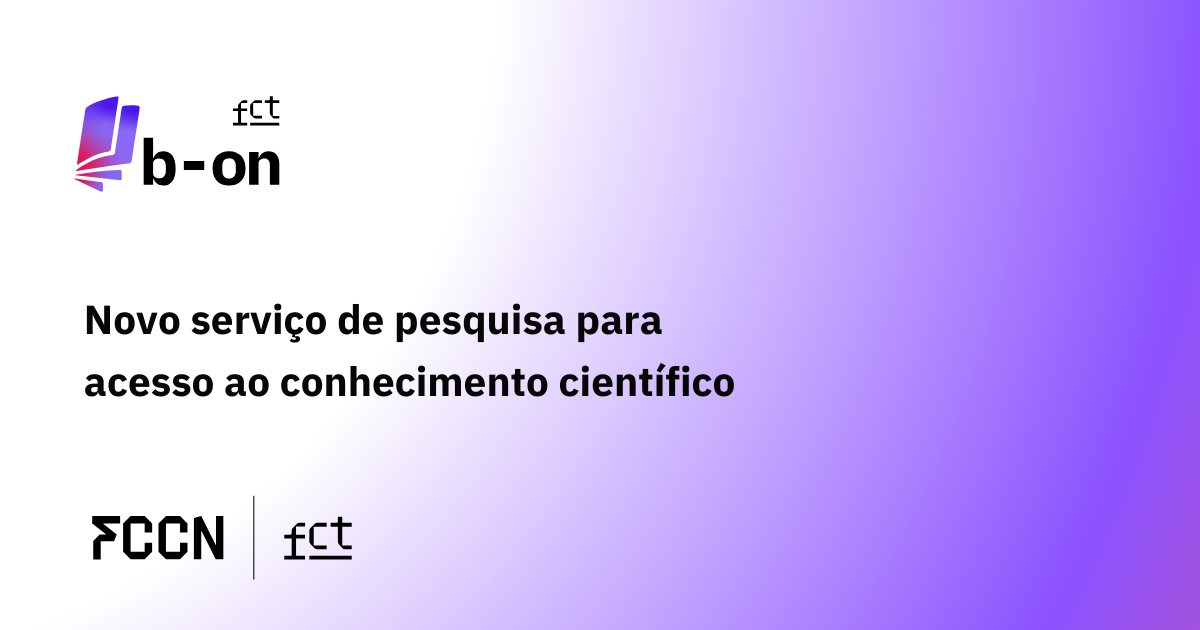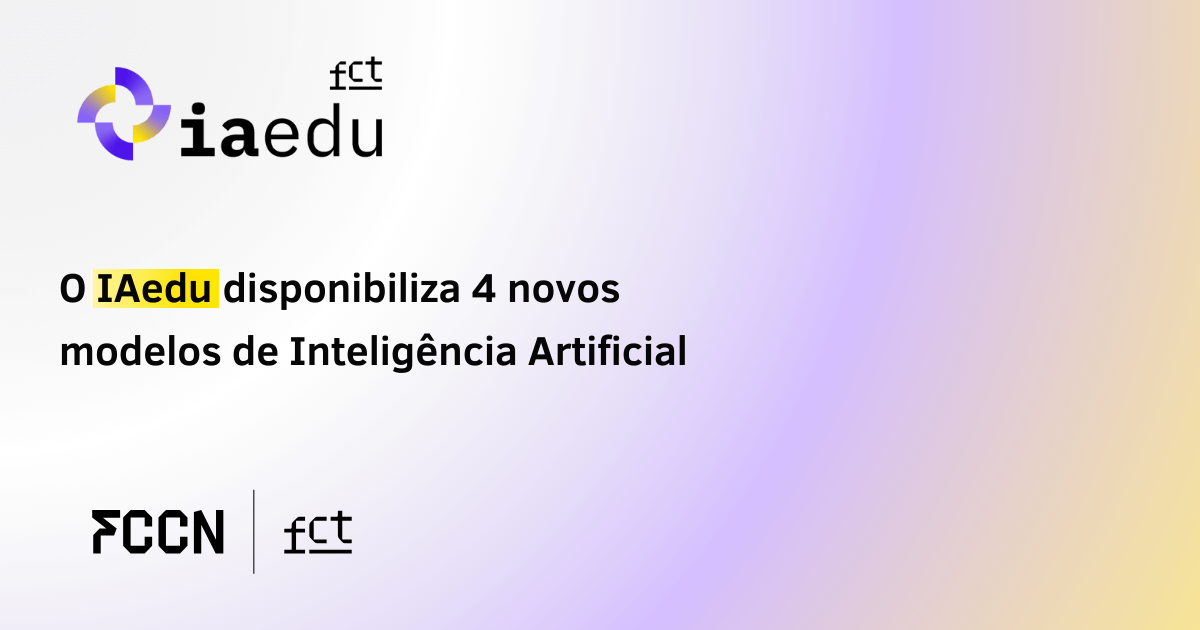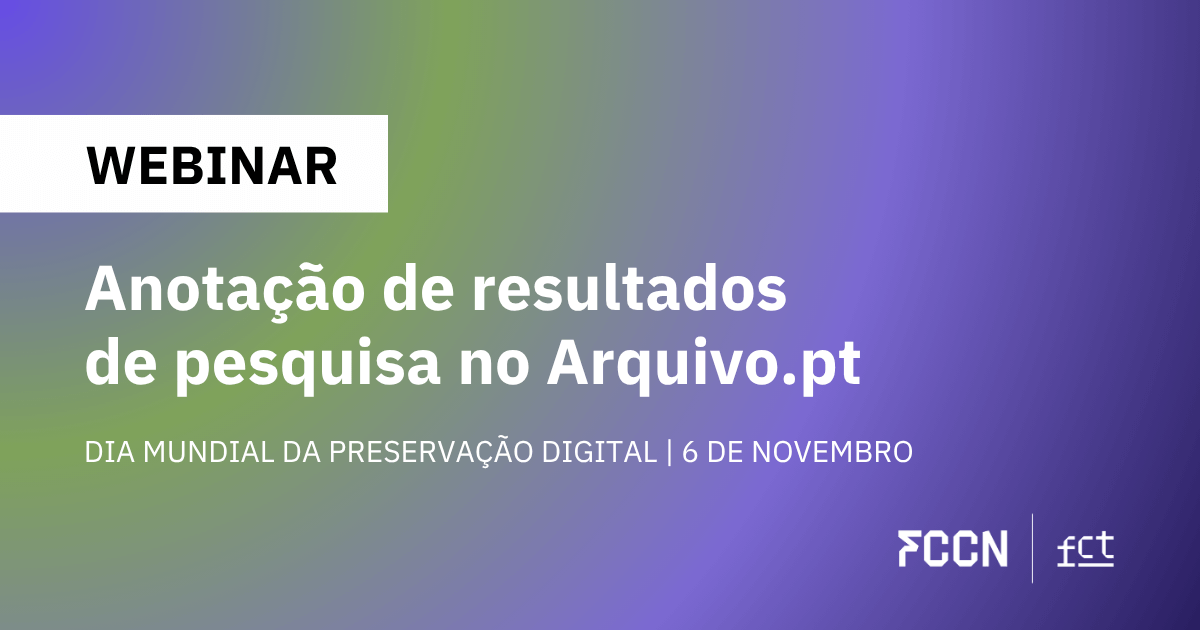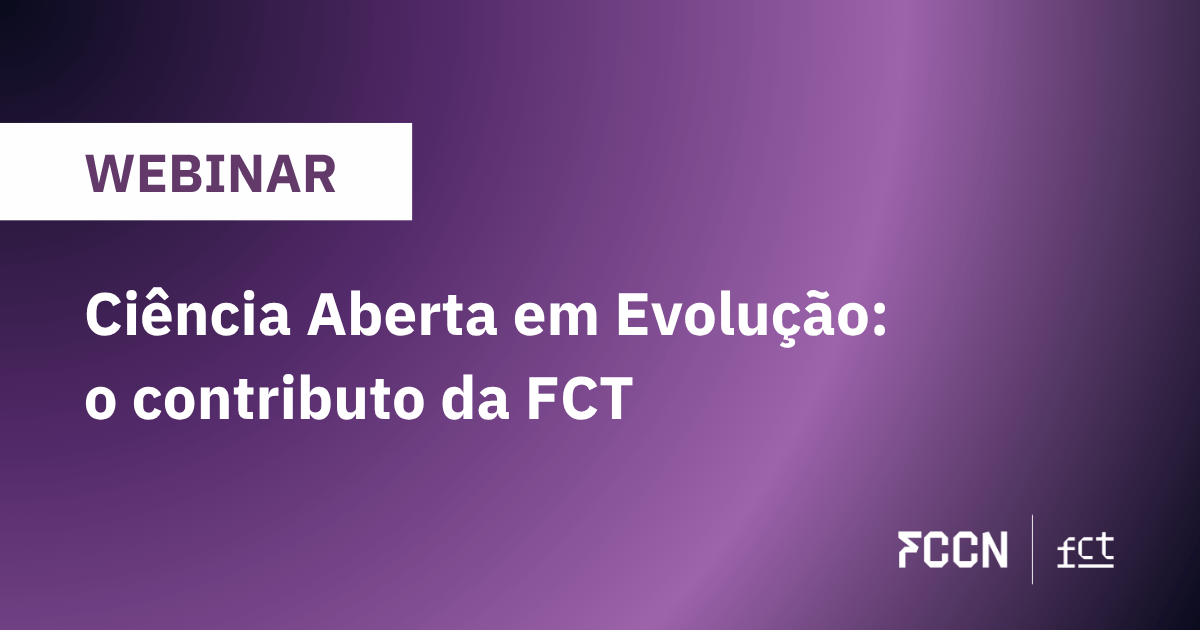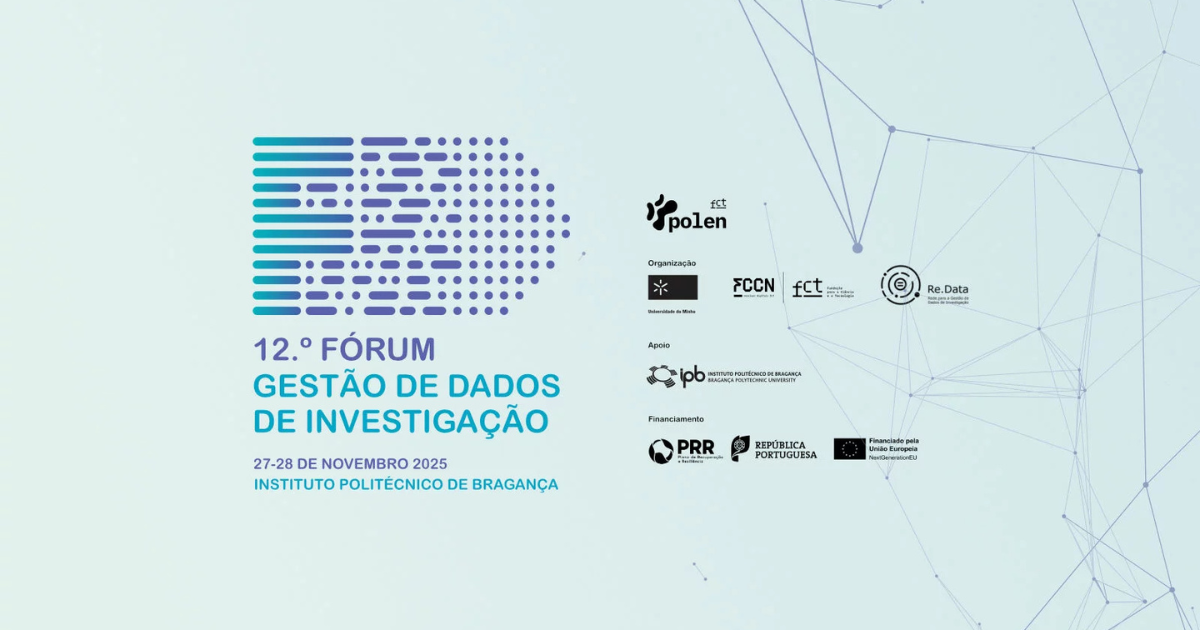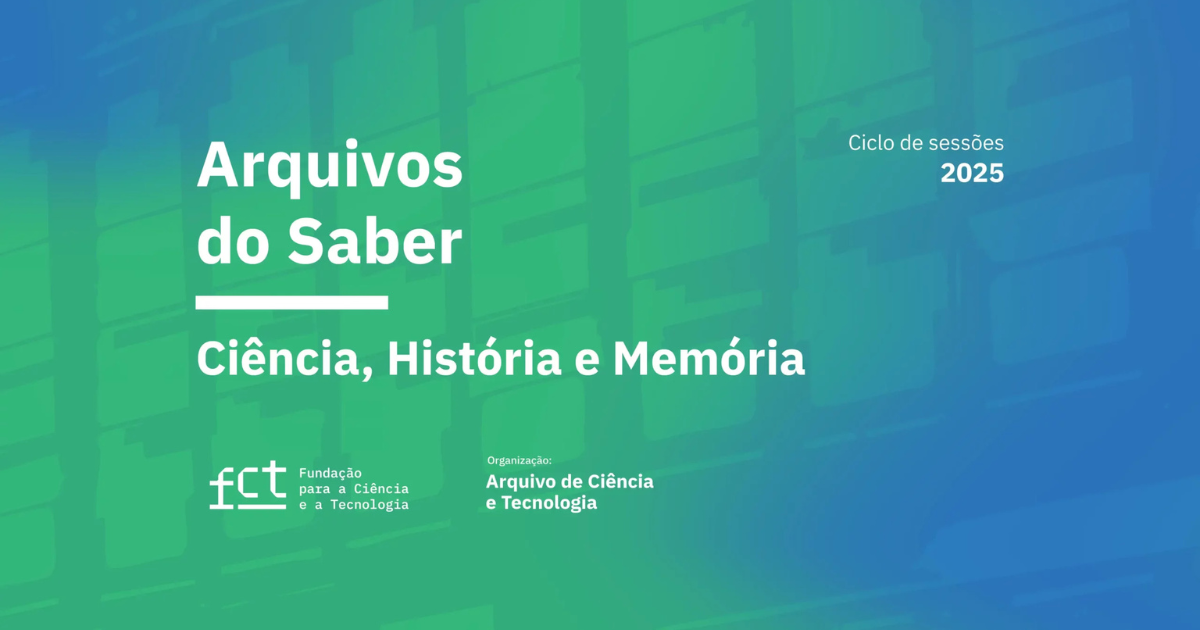The European Commission recently launched a public consultation on micro-credentials—digital certifications acquired through short courses or modules. Learn more about this concept and the opportunities it represents for you and for services like the NAU Platform.
At the end of 2020, the European Commission (EC) launched a page exclusively dedicated to the “European approach to microcredentials.” website it is possible to find information about this new solution which, the EC guarantees, “will help create learning opportunities” and strengthen “the role of Higher Education and professional training”.
But what are micro-credentials?
According to the European Commission, these are qualifications that certify learning outcomes resulting from short courses or modules, and can therefore be achieved by citizens in various learning modalities: in-person, online or blended.
Regardless of how they are granted, the European Commission sees micro-credentials as a learning opportunity within the context of European education and training systems. Given their characteristics, these new forms of credit are an “extremely flexible and inclusive” form of learning, highlights the EC, by enabling the acquisition of skills suited to different profiles and needs.
Therefore, these short-term qualifications will be useful, for example, for those who want to complement their knowledge or for those who want to retrain, seeking a new position in the job market. The philosophy behind this practice is lifelong learning., where citizens will be able, through these qualifications, to find new opportunities for growth.
The role of NAU
Considering that these credentials will be guaranteed through the development of short courses (namely online or in blended learning), services such as NAU – the Online Training and Teaching Platform for Large Audiences – have the ideal characteristics for the materialization of this concept, through the development of courses suited to the objectives and needs of entities and communities.
“We want to welcome entities that want to develop these courses at NAU”, explains NAU manager Pedro Cabral. According to him, the training courses developed on the platform will have a direct and significant impact on employment, whether through retraining, improved professional performance, or even career advancement.
In total, Pedro Cabral reveals that, considering the NAU universe, approximately 65,000 people could find these growth opportunities through the platform. He sees this impact as part of the company's mission and objectives, which promotes open, mass-market online courses. He concludes:
“NAU wants to have an impact on society on different fronts, namely in training and employability.”
But this impact isn't just focused on people; it also involves strengthening the relationship between higher education and businesses, as well as reaching new target audiences that are typically more distant from higher education. It's no coincidence that, more recently, a decree-law (No. 27/2021) was issued that addresses this issue and is closely linked to the Recovery and Resilience Plan.
In public consultation
In April, the European Commission launched a 12-month public consultation to define "a European approach to micro-credentials" for lifelong learning and employability. Thus, until July 13th, contribute ideas to the development of this concept, in areas such as quality and transparency mechanisms.
On the European Commission website, it is already possible to find some work carried out on this topic, namely a report by a group of experts in the field of higher education and one study of a network of EC experts which works on the social dimension of education and training.
Where can I find more information about NAU?
We also suggest reading the interview with the NAU service manager, Pedro Cabral and stay informed about courses available, and other information, from this FCCN Unit service.

